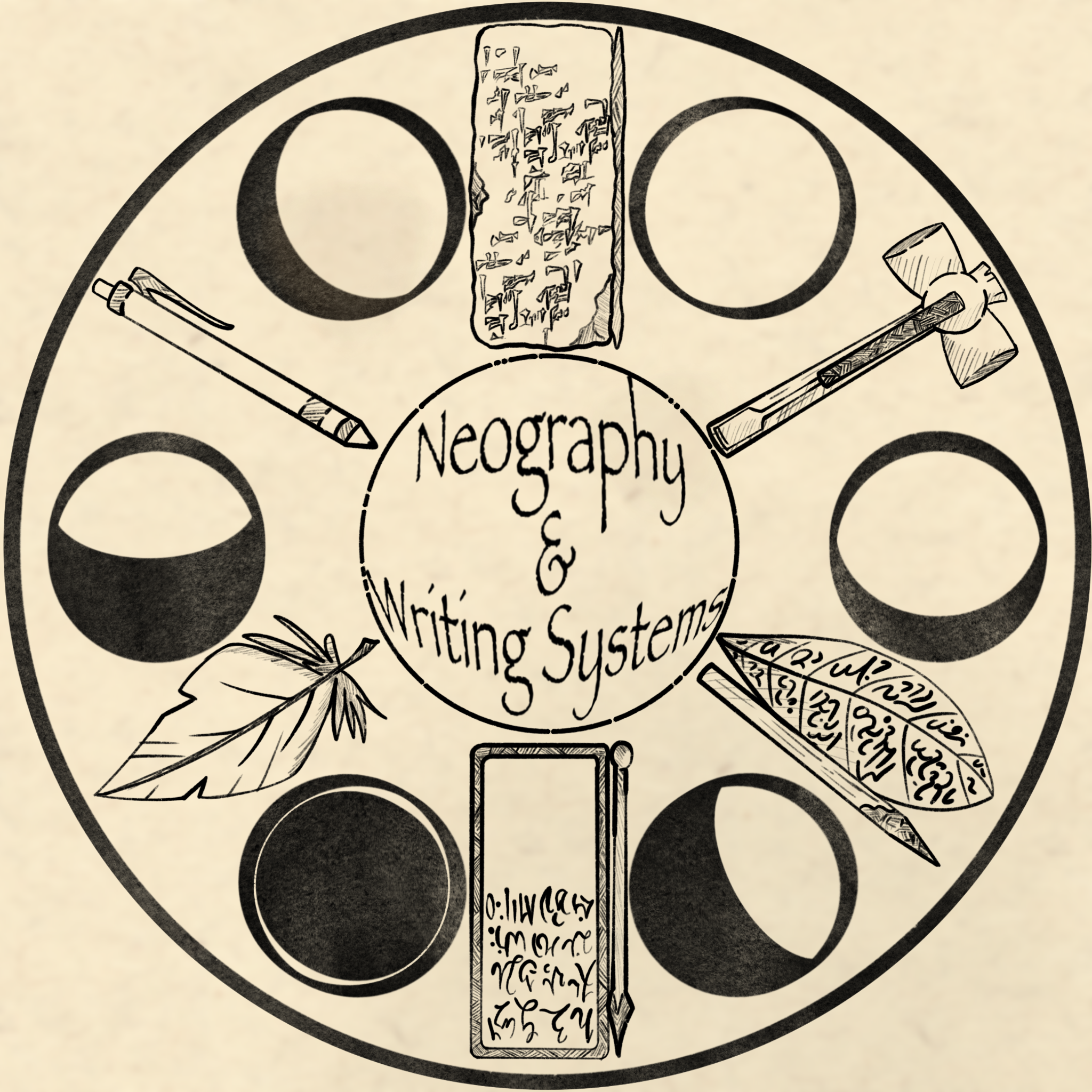I’ll start with the ones I’m considering: -Clausal distinction by colour of the word -Boustrophedon (alternating direction of writing) -intent indicators
You must log in or # to comment.
For the latin alphabet,
- UsingCapitalLettersToMarkNewWordsInASentenceInsteadOfSpaces.
- Reintroducing Þ, Ð, Æ, and Œ to facilitate more phonetically consistent spelling.
- Nixing the goal of one sound one letter in favor of allowing digraphs where the IPA also uses digraphic construction, IE using Tc to represent the ch sound given that T makes a ta sound and C makes a sha sound.
- More use of ’ for where words have been shortened in pronunciation, Being -> Bein’ for example.
- letters for sounds that may not be in your language but are still common enough to be worth being able to transcribe, X for thr kh in Khubz for example.
For a entirely new script,
- Consonants are single stroke glyphs with no closed loops or shapes
- Vowels are single stroke glyphs that must have at least one loop or shape
- Hangul style consonant blocks with Chinese character style stroke order for how to place the individual glyphs
- mark a full word by drawing a box around it.
- write sentences top to bottom, and then from left to right
I really like your ideas for a new script, it reminds me a lot of xu bing calligraphy (or square word calligraphy) which is a script I really like but also demonstrates how important proper writing technique is to make something look authentic.
I just looked that up, imagine if that’s what became the way to write simplified chinese characters via Pinyin, or at least as Bopomofo guides next to the original characters
Yeah that’d be cool, but I feel like there’s more artistic value in it than there is utility.

